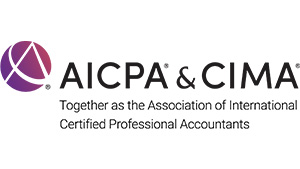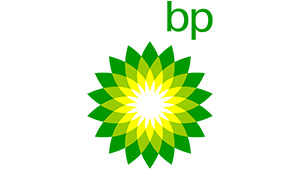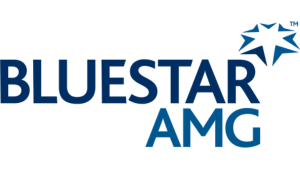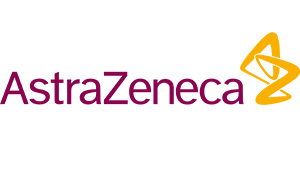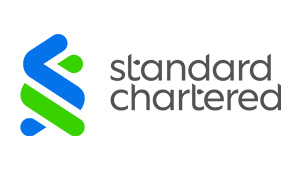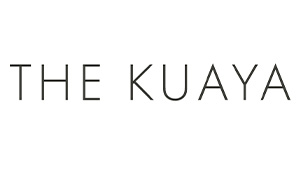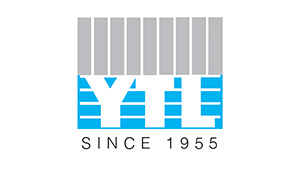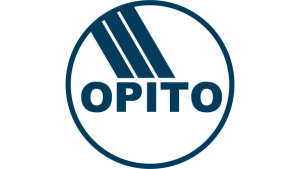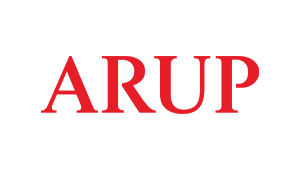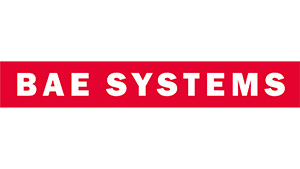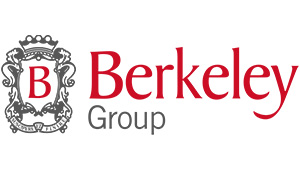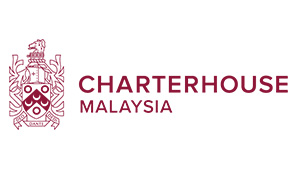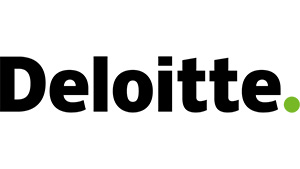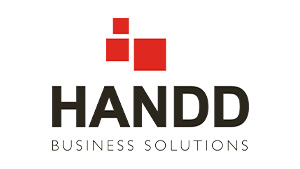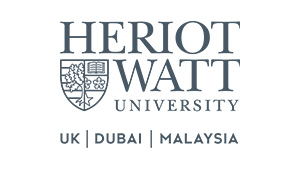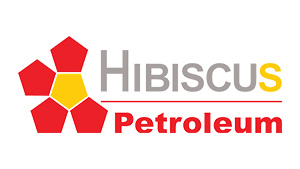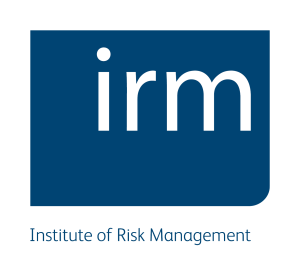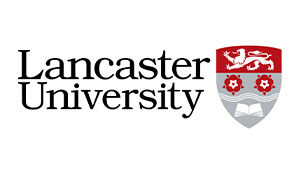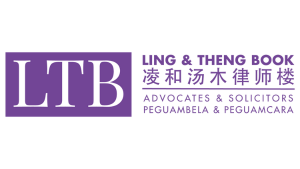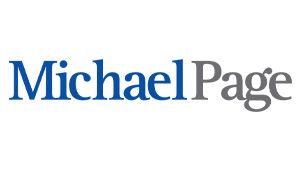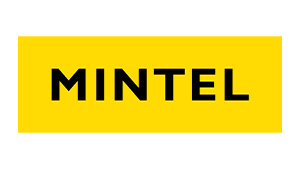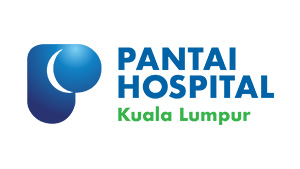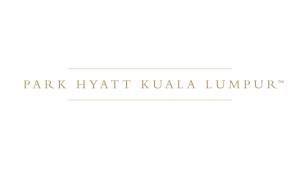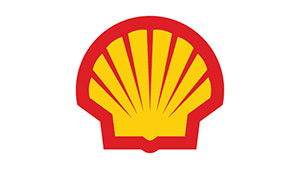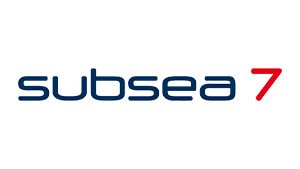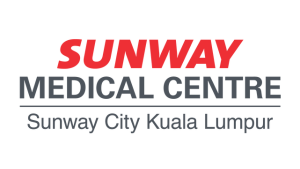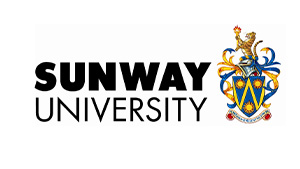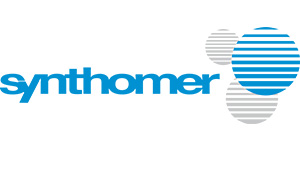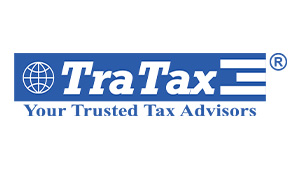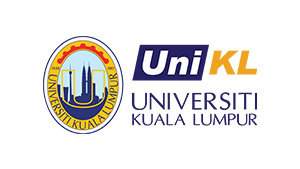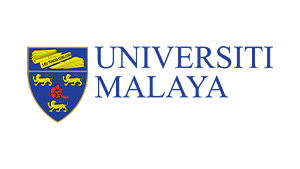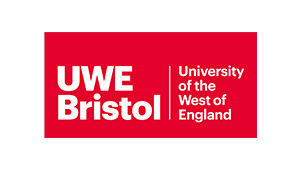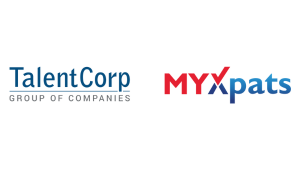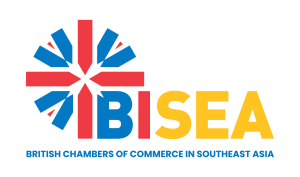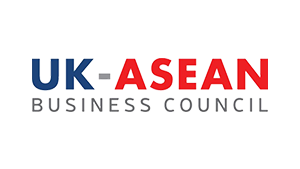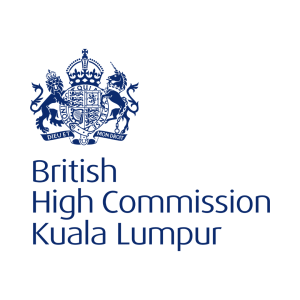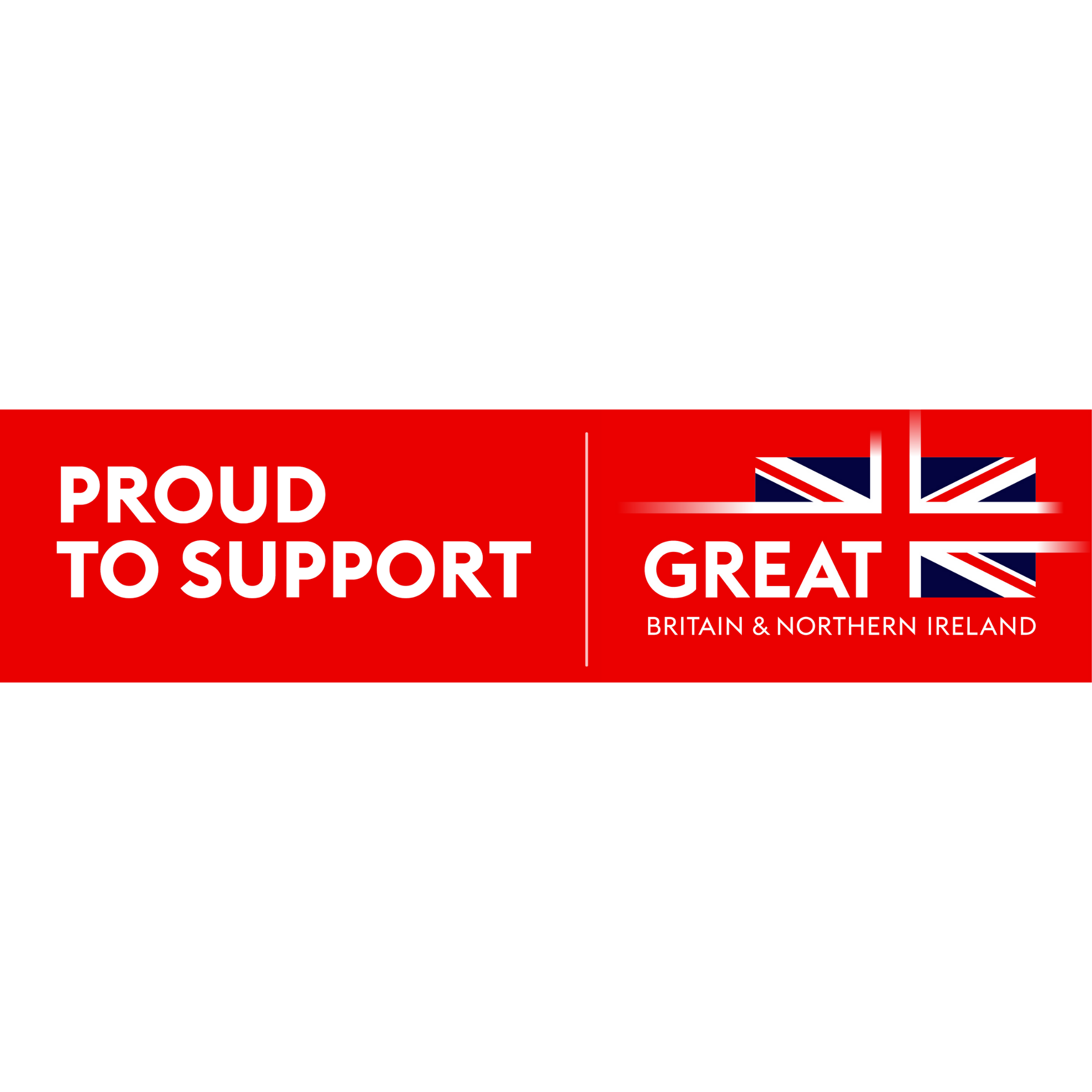Asia Pacific cold storage investment to mature despite recent headwinds

JLL forecasts cumulative cold storage investment to cross $2 billion by 2030 as demand for facilities rises and investors’ price in specialized and technological considerations.
KUALA LUMPUR, 3 January 2024 – Cold storage facilities will continue to present a compelling long-term investment opportunity in Asia Pacific, supported by an ability to deliver resilient and stable returns and to generate higher rental rates than other asset classes. According to JLL (NYSE: JLL), investment in Asia Pacific cold storage real estate will likely cross $2 billion between now and 2030 – compared to a $948 million high in 2021 – as investors look to diversify portfolios and take advantage of end-user demand for more specialized facilities.
Between today and 2030, JLL believes that numerous factors will drive an investment recovery in cold storage assets, where volumes have contracted from a 2021 high. Specifically, investors will be drawn to the greater stability of the sector compared to other asset classes, supported by evergreen demand for perishable goods like food and medicine housed in cold storage facilities. Additionally, attractive leasing covenants, whereby rents are typically higher than standard logistics and industrial facilities and lease terms are longer, will attract forward-thinking investors.
According to JLL analysis, transactional activity in the cold storage sector has slowed in the past 12 months. External factors including higher interest rates and subsequent rising capital costs are making real estate investments generally less attractive investment propositions across all sectors. Within the Asia Pacific cold storage sector, volumes soared for both distribution and cold storage centres in 2021 where the average price was above the historical average ($29.6 million vs $19.1 million 10-year average). Furthermore, the number of major deals reached a record 32 transactions, more than double the 15 annual deals on average over the past 10 years. Year-to-date, deal size has averaged $16.3 million.
“Investment in cold storage has cooled from 2021 but has by no means peaked. A spectrum of factors, ranging from structural changes in consumption patterns to the shift to online spending and various macroeconomic influences, will shore up this market for longer-term yet sustainable growth from a more select group of investors,” says Ben Horner, Senior Director, Supply Chain & Logistics Solutions, Asia Pacific, JLL.
“The Malaysian cold storage market has witnessed tremendous growth over the past seven years, growing at an average of 7% per year. This growth can be attributed to changing consumer preferences and the rise of e-commerce, says Yulia Nikulicheva, JLL Malaysia’s Head of Research & Consultancy.
“In line with global trends, Malaysian consumers are increasingly willing to purchase fresh products and expect faster delivery. Categories such as vegetables, fruits, and dairy products have experienced particularly rapid growth. The global surge in the Halal food segment is also expected to act as a catalyst for further growth in the Malaysian cold storage market. Malaysia has announced plans in its 2030 Halal Industry master plan to nearly double the size of this segment by 2030,” added Nikulicheva.
However, it is important to note that the local market in Malaysia remains fragmented, with the majority of the cold storage space owned and operated by domestic third-party logistics (3PL) operators. The market is highly concentrated around Kuala Lumpur, specifically in Shah Alam and Klang, as the goods are delivered into Malaysia through the nation’s major seaport. Notable recent projects include the Kokubu facility in Shah Alam and two facilities operated by Havi Logistics in Klang and Bukit Raja.
“The Malaysian market has garnered significant interest from international players, including developers and investors, who recognize the high market potential and recent strong growth. Consequently, further market transformation and growth are anticipated in the medium term. The development of the Halal industry is also expected to contribute to the regional expansion of the cold storage market,” added Christophe Vicic, Chief Growth Officer of JLL Malaysia.
More recently, the higher barriers to entry into cold storage have influenced activity in the sector but will draw more specialized investors and operators to the sector. According to JLL analysis, there is a growing acceptance that cold storage investment requires a deep understanding of the unique complexities associated with temperature-controlled environments, logistics, and regulatory compliance. As a result, this operational reality can act as a competitive advantage for knowledgeable investors, while creating a deterrent to other investors.
Additionally, for the sector to meet consumer demand for both efficiency and to address global disruptions that have compromised some robust supply chains, technology investment is an increasingly important consideration for investors eyeing cold storage facilities. Advancements in automation, robotics, and energy efficiency can significantly enhance the operational efficiency of cold storage facilities and help reduce operator/occupier costs as technology improves, making them more resilient, but will ultimately favour investors with specialized experience.
The macroeconomic influence will also shape the future investment requirements of the cold storage sector in Asia Pacific. Asia Pacific’s substantial middle-class population coupled with rapid economic growth and rising income levels are expected to support rising consumption levels. Private consumption in Asia Pacific rose by a robust CAGR of 4.1% between 2013 and 2022. This is forecast to accelerate to 4.7% between 2023 and 2025.
Furthermore, In Asia, revenue from grocery delivery more than doubled between 2019 and 2022, rising from $92 billion to $269 billion. Revenue is projected to increase to $453 billion by 2025, reflecting a compound annual growth rate (CAGR) of 19.1%. Concurrently, the global third-party logistics (3PL) market was valued at $556.4 billion in 2022 with Asia Pacific accounting for about one-third of the global market and forecasts to expand by a CAGR of 4.9% between 2023 and 2027, ahead of the US (2.1%) and Europe (2.2%).
“The factors working in favour of the Asia Pacific cold storage market, be they demographic and macroeconomic, are undeniable. Given the increasing demand for cold storage space, underpinned by relatively inelastic underlying demand, cold storage assets can deliver robust financial performance, while providing greater stability and resilience in investment portfolios. Increasingly, we see a more specialized and knowledgeable investor that will be required to reignite investment and support the long-term future of this essential asset class,” says Peter Guevarra, Director, Research Consultancy, Asia Pacific, JLL.
Read more here.
About JLL
For over 200 years, JLL (NYSE: JLL), a leading global commercial real estate and investment management company, has helped clients buy, build, occupy, manage and invest in a variety of commercial, industrial, hotel, residential and retail properties. A Fortune 500® company with annual revenue of $20.9 billion and operations in over 80 countries around the world, our more than 105,000 employees bring the power of a global platform combined with local expertise. Driven by our purpose to shape the future of real estate for a better world, we help our clients, people and communities SEE A BRIGHTER WAYSM. JLL is the brand name, and a registered trademark, of Jones Lang LaSalle Incorporated. For further information, visit jll.com.my.
Contact: Joey Ng
Phone: +60 19 213 1330
Email: joey.ngpeise@jll.com

